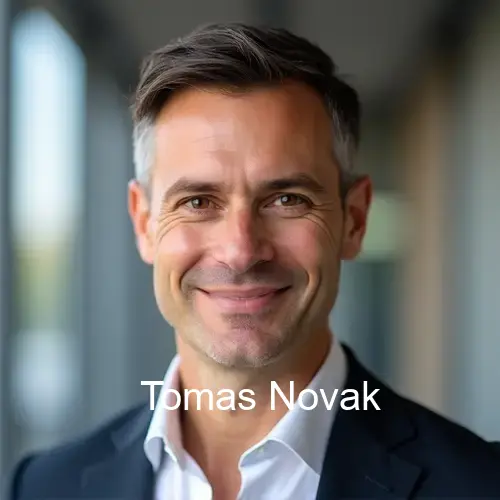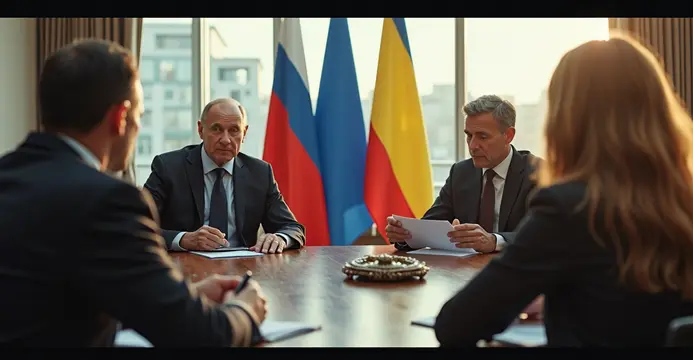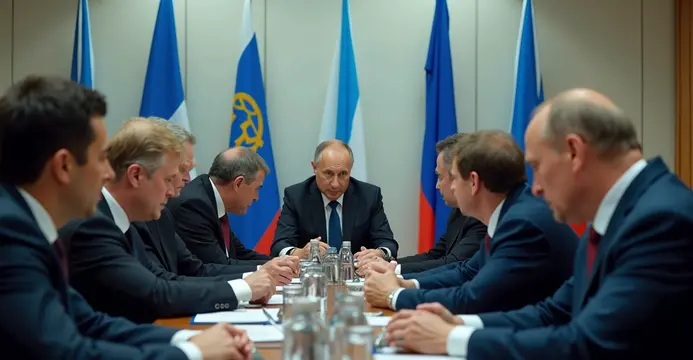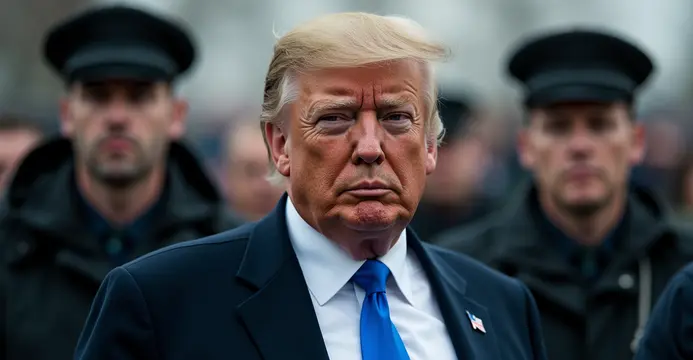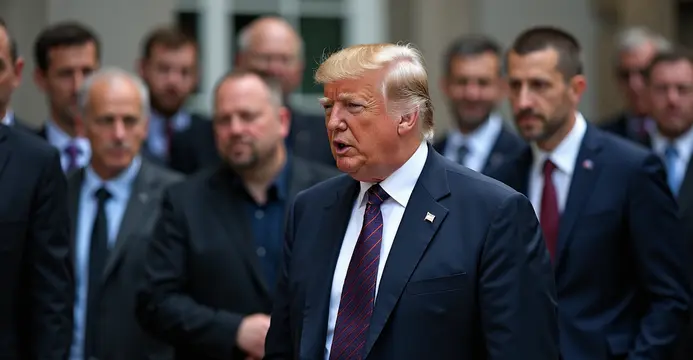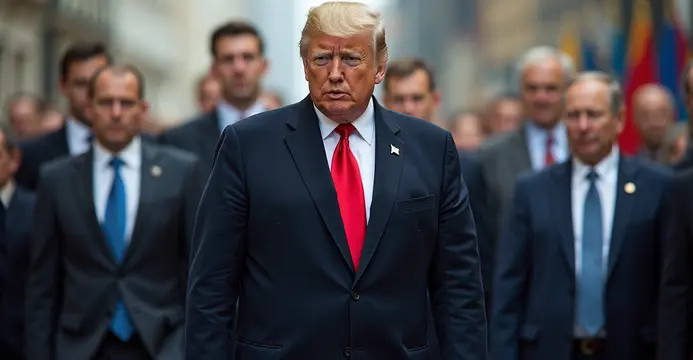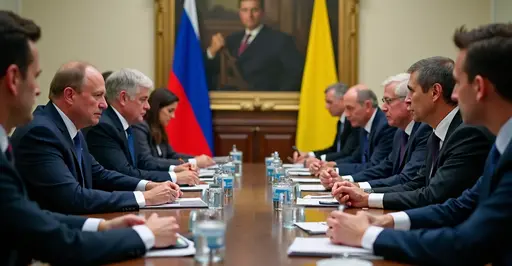
European Leaders Return to Negotiation Table After Alaska Summit Exclusion
European leaders have reasserted their diplomatic influence in the Ukraine peace process following their exclusion from President Donald Trump's high-stakes summit with Russian President Vladimir Putin in Alaska on Friday. In a significant development, key European figures including French President Emmanuel Macron, British Prime Minister Keir Starmer, and German Chancellor Friedrich Merz joined Ukrainian President Volodymyr Zelenskyy at the White House on Monday for crucial discussions about security guarantees and peace negotiations.
Trump's Diplomatic Pivot and European Response
The Alaska summit between Trump and Putin, held at Joint Base Elmendorf-Richardson, marked Putin's first visit to Western soil since Russia's full-scale invasion of Ukraine in February 2022. While both leaders described the talks as "productive," they offered few concrete details about ending the conflict that has claimed hundreds of thousands of lives.
European capitals, wary of being sidelined in discussions that could shape Europe's long-term security architecture, have been pushing to ensure their views—and Kyiv's—are not excluded from the US-Russia dialogue. The White House meeting represents a diplomatic victory for European leaders who have consistently emphasized that Ukraine must be involved in any decisions about its future.
Security Guarances and Territorial Concessions
According to multiple reports, Putin presented Trump with a proposal during the Alaska summit that would require Ukraine to cede complete control of the eastern Donetsk region, which Russia currently controls approximately 70% of, in exchange for freezing the current front lines. This would represent a significant territorial concession that Ukrainian officials have previously ruled out.
European Council President António Costa welcomed the accelerated diplomatic activity, stating: "After three and a half years of war, diplomatic activity is accelerating and there is growing momentum around providing Ukraine with security guarantees, including the agreement of the United States President Trump to participate in this effort."
Divisions Within European Consensus
While most EU member states maintain a unified position supporting Ukraine's sovereignty and territorial integrity, notable exceptions exist. Hungarian Prime Minister Viktor Orbán has consistently criticized EU support for Ukraine, while Slovak Prime Minister Robert Fico praised the Trump-Putin meeting as launching the "normalization of relations between the US and Russia."
Spanish Prime Minister Pedro Sánchez's absence from the White House meeting has drawn criticism from opposition parties, who accuse him of relegating Spain to a lesser position within the EU after refusing to increase defense spending to 5% of GDP at the recent NATO summit.
NATO's Role and Future Security Architecture
NATO Secretary General Mark Rutte confirmed that discussions are underway regarding security guarantees for Ukraine similar to those provided to NATO member states. However, Trump has explicitly ruled out deploying US troops on Ukrainian soil, raising questions about the practical implementation of any security arrangement.
The concept of security guarantees has become a central focus of negotiations, with European leaders insisting that any peace agreement must include robust mechanisms to prevent future Russian aggression. This represents a significant shift from earlier discussions that focused primarily on ceasefire arrangements.
The Path Forward: Challenges and Opportunities
The coming weeks will be crucial in determining whether Trump's push for direct talks between Zelenskyy and Putin leads to substantive progress or entrenches existing divisions. The format, location, and agenda for potential trilateral meetings remain unresolved, with significant hurdles including Ukraine's insistence on not conceding sovereign territory and Putin's determination to secure recognition of Russia's territorial gains.
For Europe, the challenge remains staying relevant in a process increasingly shaped by Washington and Moscow. EU officials are pushing for security guarantees that extend beyond rhetorical commitments, while NATO allies remain wary that Trump could pressure Kyiv into accepting a deal favorable to Moscow to claim a foreign policy victory.
As diplomatic efforts intensify, the fighting continues unabated. Russia launched a major overnight attack on Ukraine with drones and missiles on Monday, while Ukrainian forces struck a Russian oil refinery in a drone attack, underscoring the urgent need for a sustainable resolution to the conflict.

 Nederlands
Nederlands
 English
English
 Français
Français
 Deutsch
Deutsch
 Español
Español
 Português
Português



